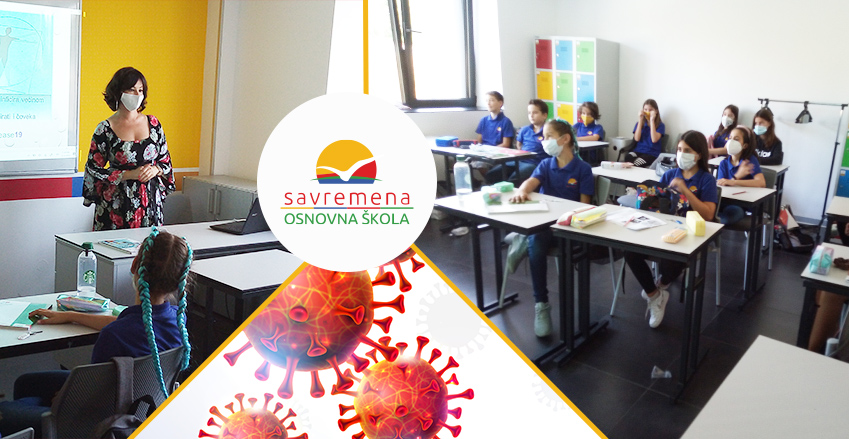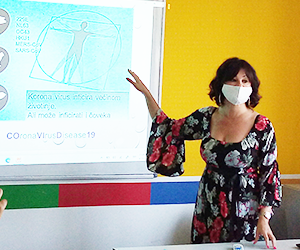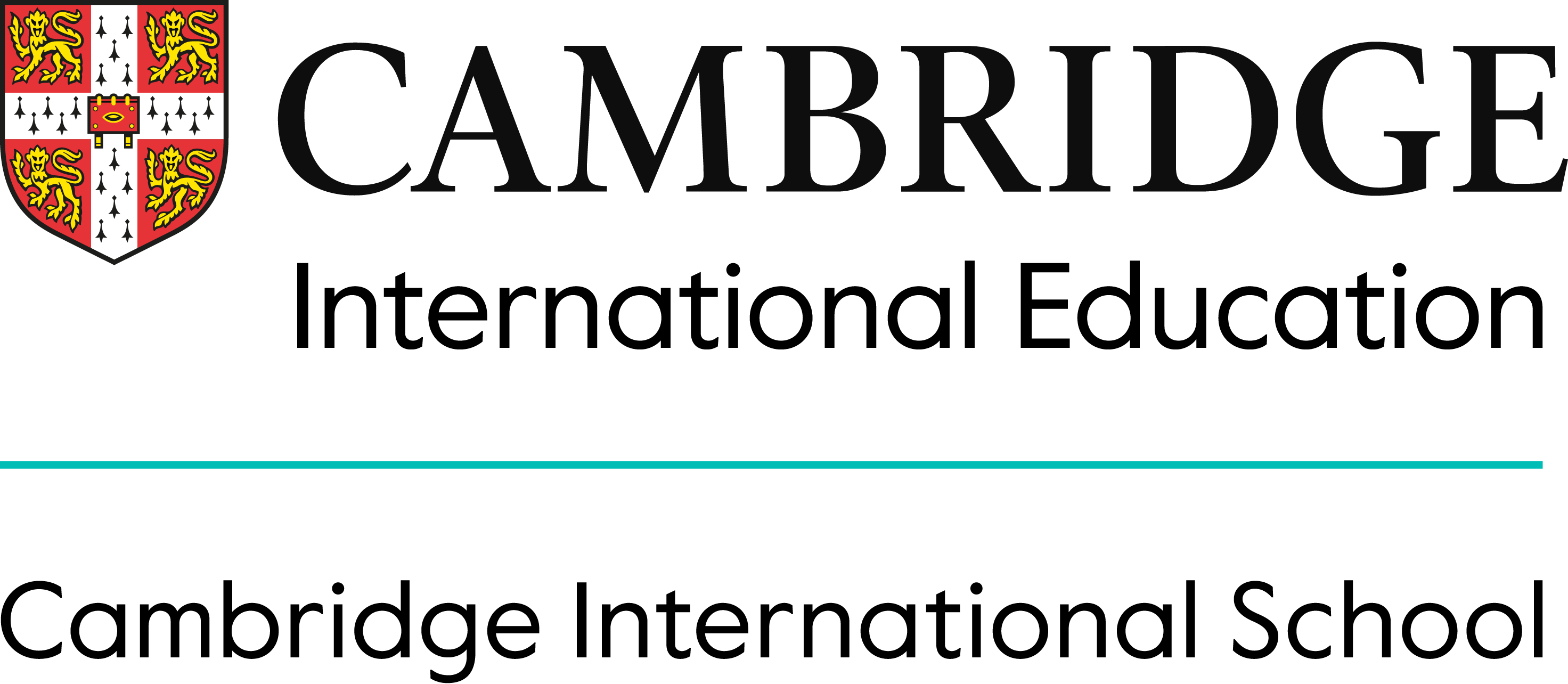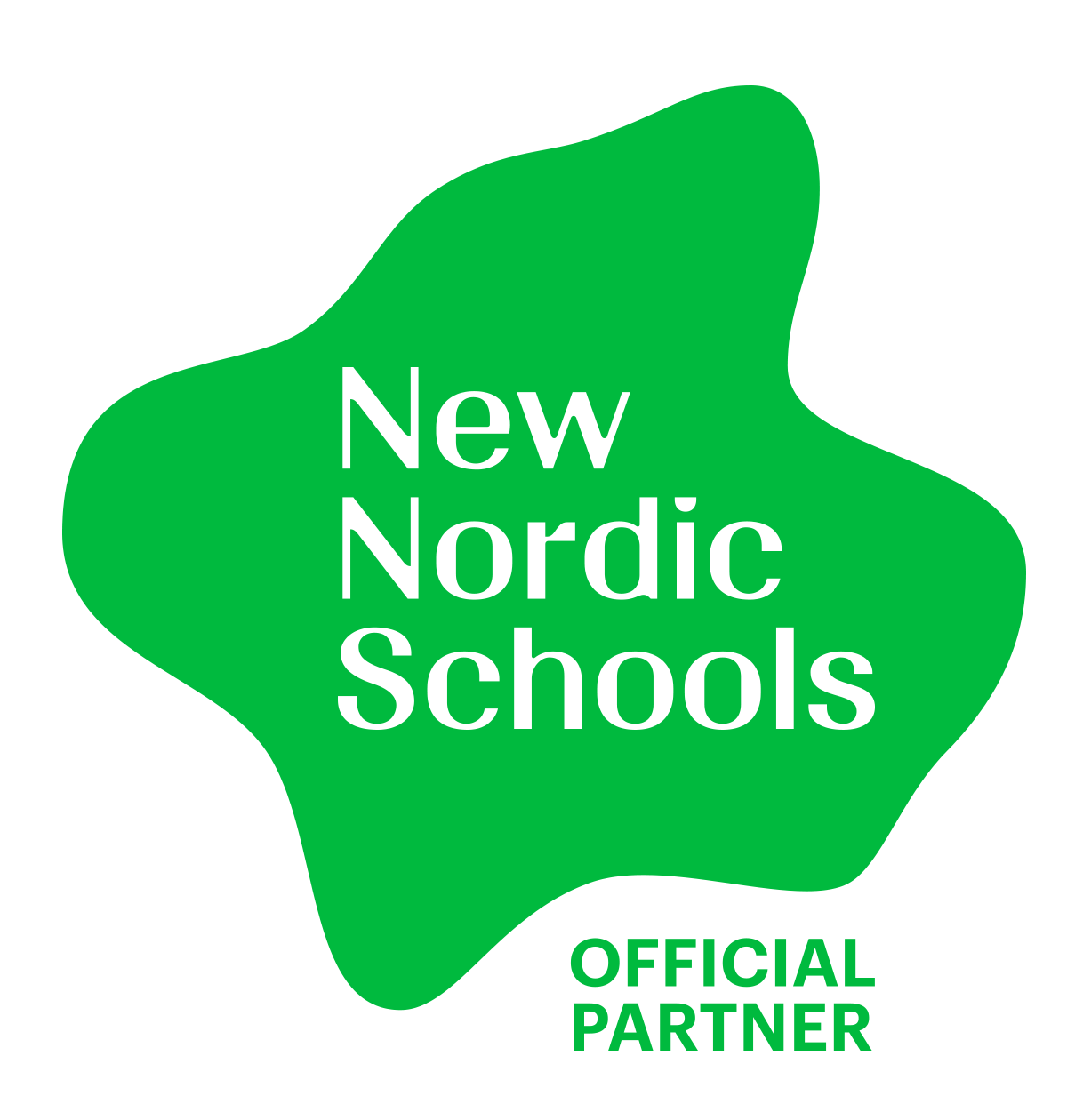
Lecture on Coronavirus protection measures held at Primary School Savremena
Sasa Zdravkovic / / Blog, I-IV, Kombinovani, Nacionalni, V-VIII / September 16, 2020
Lecture on Coronavirus protection measures held at Primary School Savremena
A lecture titled “Better Safe Than Sorry – COVID” was held at Primary School Savremena by an ENT surgeon, Dr. Ljiljana Čvorović, specialist of audiology and professor at the University of Belgrade’s Faculty of Medicine, who works at the Otorhinolaryngology and Maxillofacial Surgery Clinic of the Clinical Centre of Serbia.
Not only do we implement all the safety measures prescribed by the Ministry of Education, but we also talk about prevention from the very first day of school. Children are motivated to ask questions in order to better understand the pandemic, and this lecture additionally explained and familiarised this topic, this time from a doctor’s standpoint.
Students are told what the important messages that can be found everywhere around them mean, and how to implement them
The lecture was designed for children between the ages of 10 and 13, and arranged in such a way as to provide an overview of the issue of coronavirus, and to explain what COVID-19 actually is, placing special emphasis on how this virus spreads.

I wish to underline the importance of things each one of us as individuals can do to prevent COVID-19 from spreading, i.e. the fact that every person on our planet can do something to reduce the effects of the epidemics. In addition to explaining how the virus spreads, I proposed prevention measures we could adopt, i.e. things each of us should do to stop the virus from spreading. I tried to adapt this topic to the age group of 10-13 so it would be acceptable to children, and so they could understand it.
“I tried to explain all the imperatives that exist around them – do this or do that – so they would understand why these things are important. Because, if children understand the purpose of all these measures, they will implement them”, says Dr. Čvorović.
Why is it important to talk about these topics in a way children can relate to, instead only through official announcements and notices that apply to all citizens?
It is extremely important to go a step further and explain this topic to children. This way, children will better understand what you expect of them, and why we have all these new rules all of a sudden. When they become aware of reasons why they need to do certain things, it is useful for their protection, but also for the rest of the population, because we teach them responsibility, and they will adopt and adhere to the rules more easily. Since every individual should do everything they can to minimise the effects of COVID-19, children will understand that they can also contribute in their own environments, and start behaving responsibly toward the people around them. I think education is crucial, because children get answers and explanations they need, and overcome any fear they may have.
Doctor Čvorović points out that we should tell children honestly how things are, avoiding strong words, and adapting our explanations so they could understand, and implement them.
Newly adopted LINK education strategy involves special activities aimed at helping students to overcome this traumatic period
LINK education strategy, formulated by the Institute for Contemporary Education, involves a series of proposals, constructive amendments, and innovative practices in line with the recommendations of the European Union, and the latest trends adopted by probably one of the greatest global innovators in the field of education – Cambridge University.
In that sense, as specified in the LINK strategy, the teaching process should primarily take into account the fact that students have gone through a very traumatic period and treat them accordingly. In addition to the fact that both students and parents are invited to adhere to the new measures and new routines, we need to organise concrete curricular and extracurricular activities in line with the concept of social-emotional learning. We need to organise specific workshops outside the planned classes, which will address the issues such as new circumstances, and overcoming traumas. They involve discussions that teach students about the current moment, provide explanations, and highlight ways in which we can prevent future problems.




